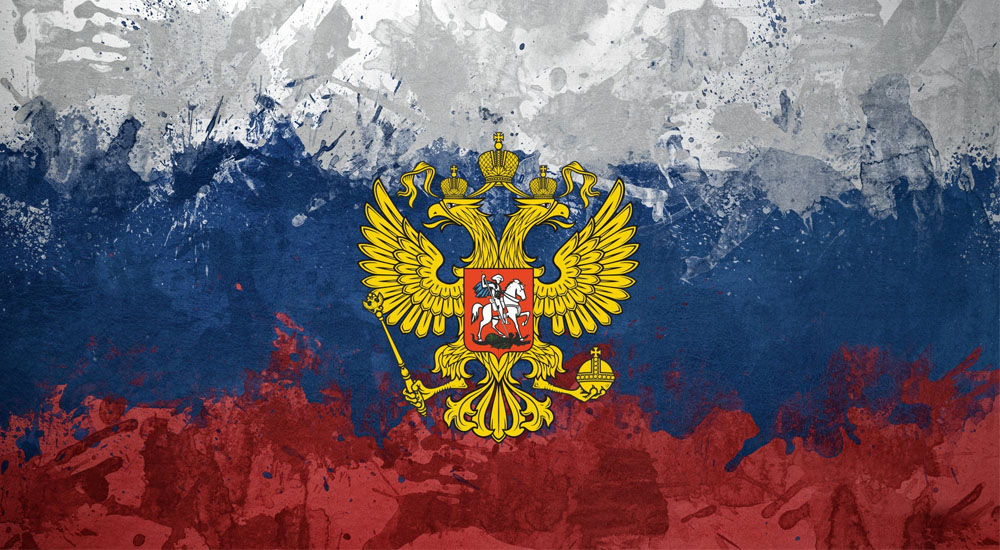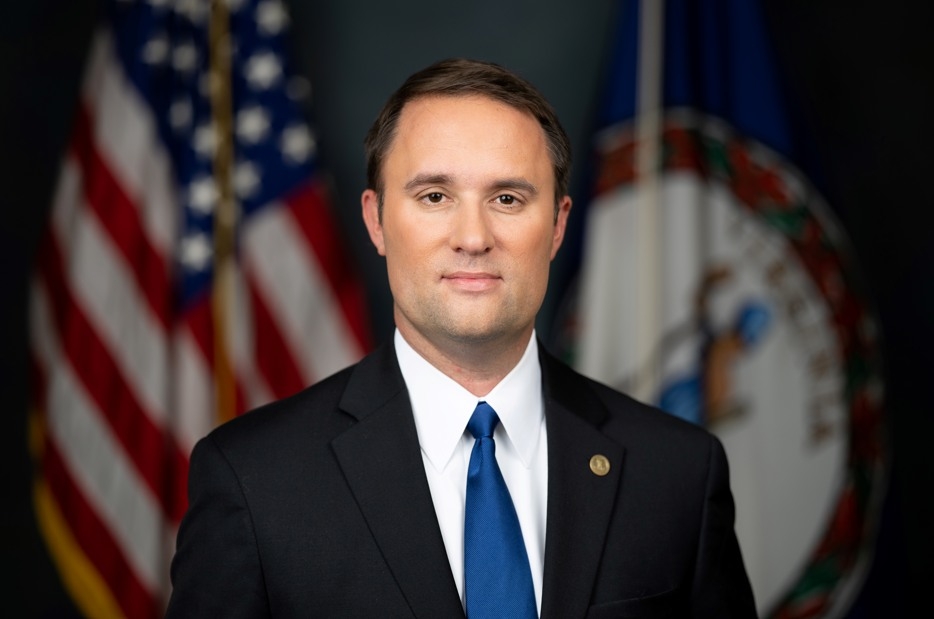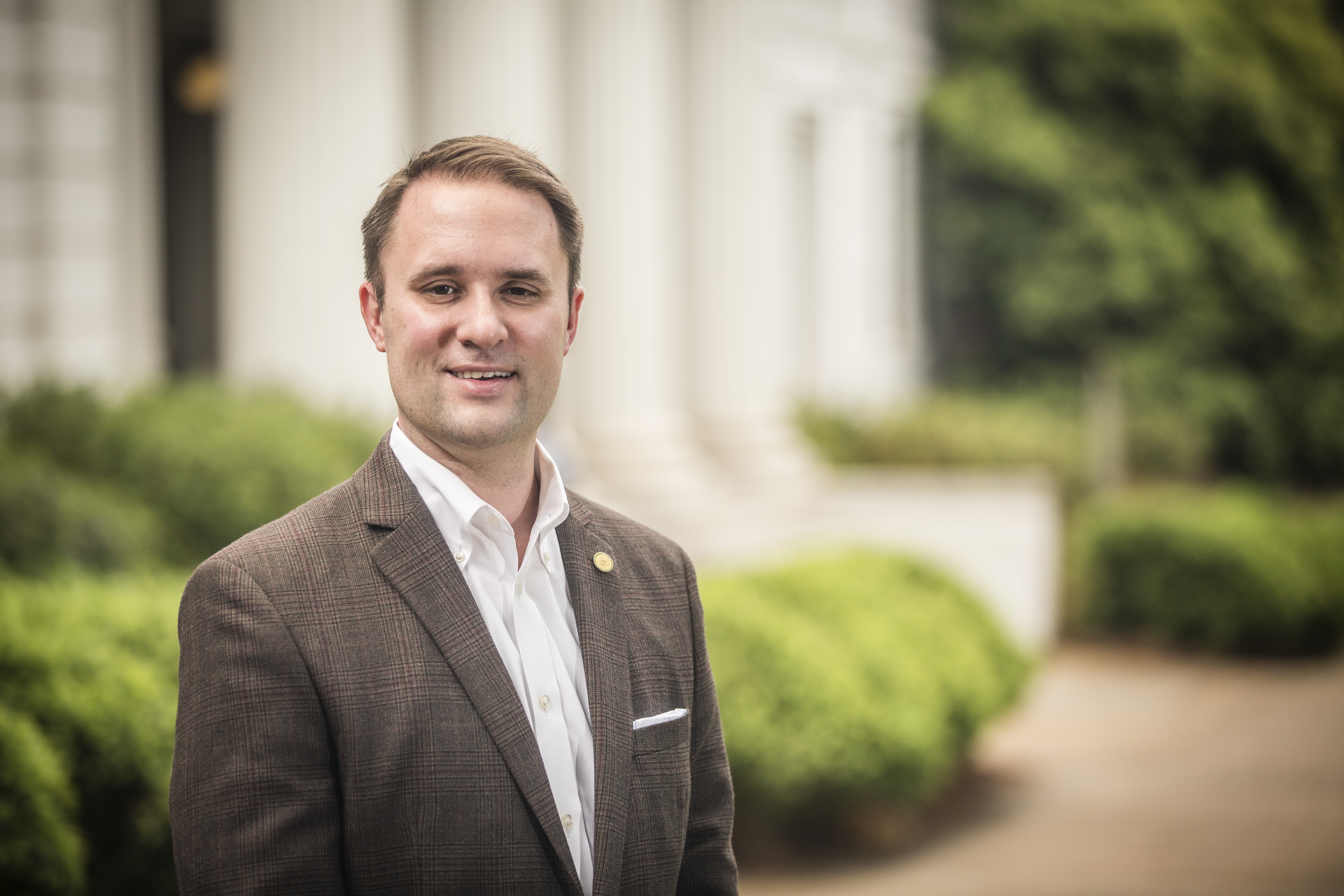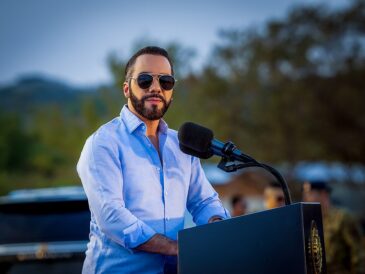The most concise implication against the Russian government has surfaced as the Department of Justice (DOJ) has indicted 12 Russian military intelligence officers with hacking into the Clinton presidential campaign and the Democratic National Committee (DNC) in an attempt to interfere in the 2016 presidential election. The illegal hacking is said to have released tens of thousands of communications in a sweeping effort by a Moscow to meddle in the election. The DOJ indictment comes just before President Donald Trump is set to meet with Russian President Vladimir Putin for a summit in Helsinki, Finland.
In a report from AP, the effort into hacking emails from Clinton campaign and the DNC started in March 2016. Clinton Campaign Chairman John Podesta was among those targeted with a “phising” email to gain access to files and computers. The incident resulted in over 20,000 pages of his emails being leaked to the public and then published by WikiLeaks.
Officials in Moscow have stuck to denying the allegations that the Kremlin was involved in scheme to sway the results of the 2016 presidential election. On Friday, Putin’s Foreign Affairs Adviser Yuri Ushakov reinforced his government’s feeling towards the accusations. “The Russian state has never interfered and has no intention of interfering in the U.S. elections,” he said.
Nevertheless, the indictment lists a dozen intelligence officers with Russia’s Main Intelligence Directorate of the General Staff, known as GRU. The accused are said to have covertly monitored communications on the computers of dozens of Democratic officials and volunteers, implanting malware and other malicious computer code, and using “spearphishing” emails to gain control of certain accounts of those within the DNC and the Clinton campaign.
Reportedly, the Russian military officers began releasing the stolen communications, including personal emails and sensitive documents, in June 2016. The messages were leaked via made up accounts that included “DCLeaks” and “Guccifer 2.0” as listed in the indictment.
The indictment also states that no 2016 presidential voting totals were altered by the hacking after many have claimed the Russians tampered with voting rolls in local election precincts. Furthermore, the DOJ does not allege that any known Trump campaign officials or volunteers involved with efforts from the Kremlin, and does not indict any Americans with ties to Russian intelligence officers.
Deputy Attorney General Rod Rosenstein relayed in statement that internet communications, “allows foreign adversaries to attack Americans in new and unexpected ways.” He also added, “Free and fair elections are hard-fought and contentious and there will always be adversaries who work to exacerbate domestic differences and try to confuse, divide and conquer us.”
Since White Special Counsel Robert Mueller began his investigation over one year ago, at least 20 individuals and three companies had been charged in some aspect in election meddling. Recently, 13 Russians were been accused with acting through a “hidden” social media campaign to influence public opinion and increase political animus among Americans on contentious social issues. Four former Trump campaign and White House aides have also been indicted, three of whom have pleaded guilty to different crimes and have agreed to cooperate with those leading the investigation.
The DOJ indictment comes just days before the Trump-Putin Helsinki summit, wherein the two are to discuss a better geopolitical relationship.







